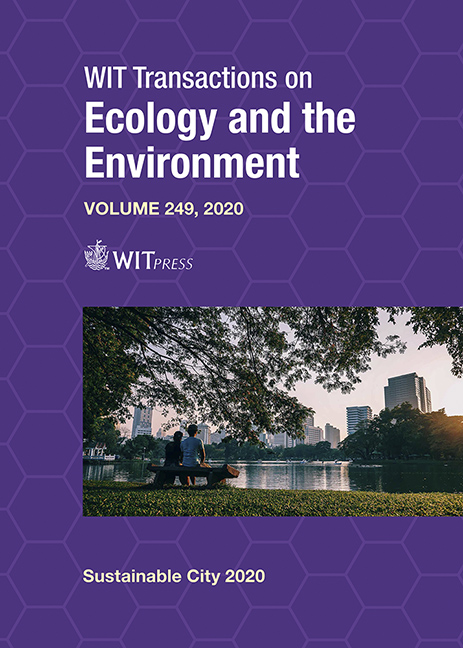MOVING TOWARDS SUSTAINABLE AGRICULTURAL LAND MANAGEMENT AND PRACTICES IN KOSOVO
Price
Free (open access)
Transaction
Volume
249
Pages
9
Page Range
21 - 29
Published
2020
Paper DOI
10.2495/SC200031
Copyright
WIT Press
Author(s)
FJOLLË CAKA
Abstract
Agriculture is one of the sectors contributing to large greenhouse gas emissions, thus impacting ecosystems vitality, public health and climate change. It is also a very climate-sensitive sector, which is expected to face many challenges (especially economic damages) due to climate change impacts, mainly in developing countries. Even though agriculture is considered a national priority for Kosovo’s economic development, there are still many prevalent challenges, including agricultural land loss and management (due to urbanization and economic developments), agricultural land contamination and pollution, high dependency on irrigation, old farm buildings and equipment, lack of knowledge on contemporary production techniques, and incompliance with the EU standards. With current agricultural and food production practices being inefficient and resource-consuming, coupled with potential future climate change impacts in the country, it is crucial to move towards more climate-resilient and sustainable practices. As Kosovo integrates its development and climate adaptation considerations in policy and technical changes, it is crucial to strengthen the rural, peri-urban and urban linkages towards ensuring food security and increased communities resilience. While climate adaptation require a mixture of capital and behavioural changes, lack thereof may increase adverse impacts on food security, public health, poverty reduction and economic development. Sustainable agriculture and food production practices can contribute to improved livelihoods and local economic development, food security, poverty reduction, social inclusion, health and sustainable and climate-resilient city development. In this regard, this paper presents current issues in the agricultural sector (land management and food production practices) and suggests respective recommendations for policy and practice improvements (including protection of agricultural land and its sustainable management, expanded irrigation network, nutrients use and manure management, shift to more climate-resilient produce, promotion of urban agriculture, enhanced institutional support and incentives) towards communities’ future sustainable and resilient development in Kosovo.
Keywords
sustainable agriculture, climate-resilient agriculture, urban agriculture, sustainable food production practices





